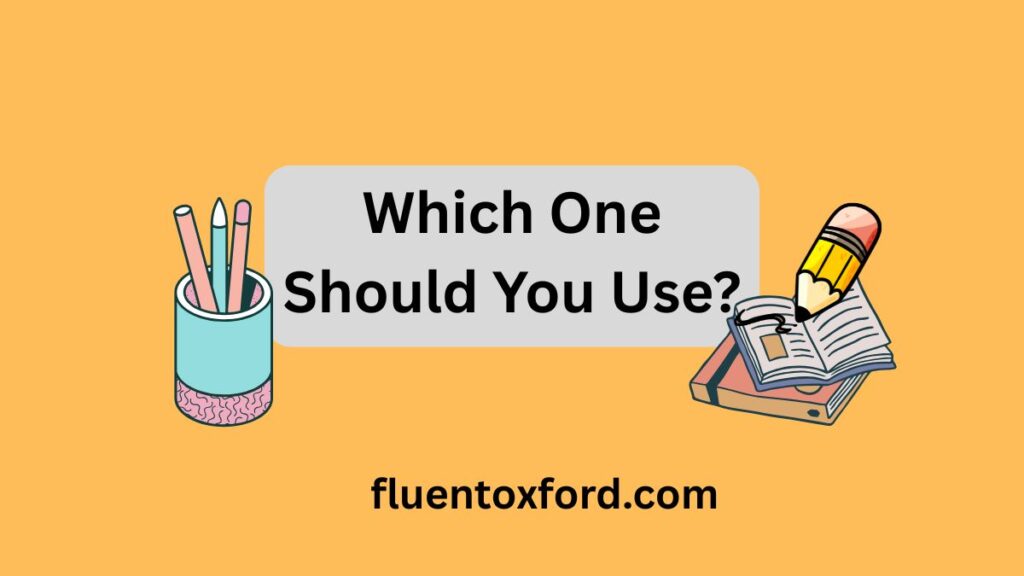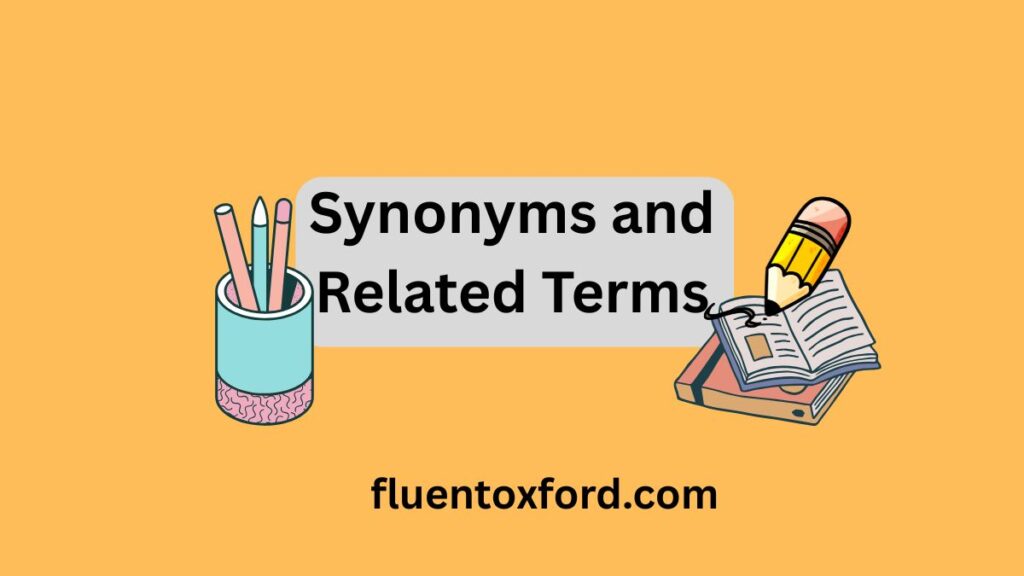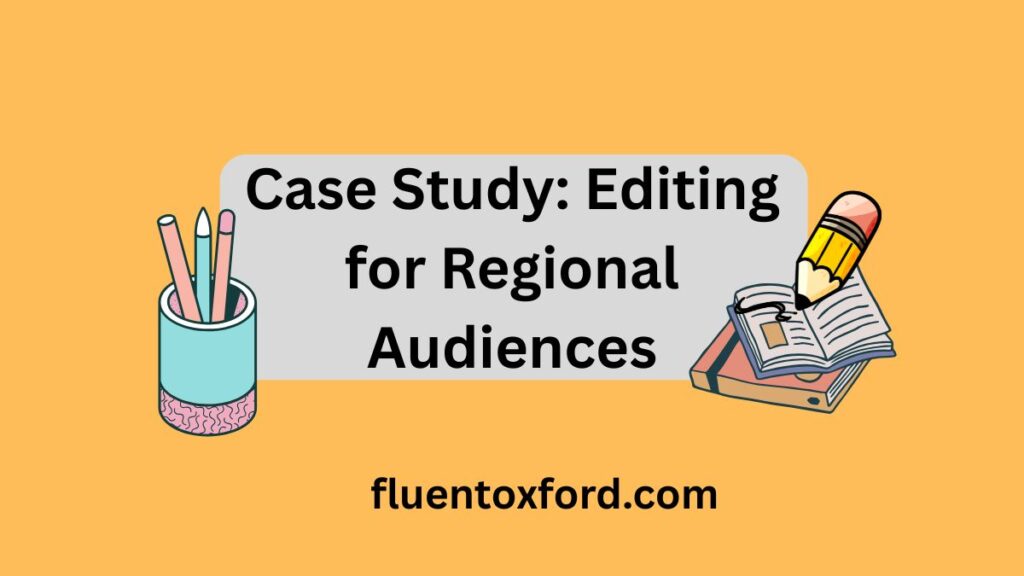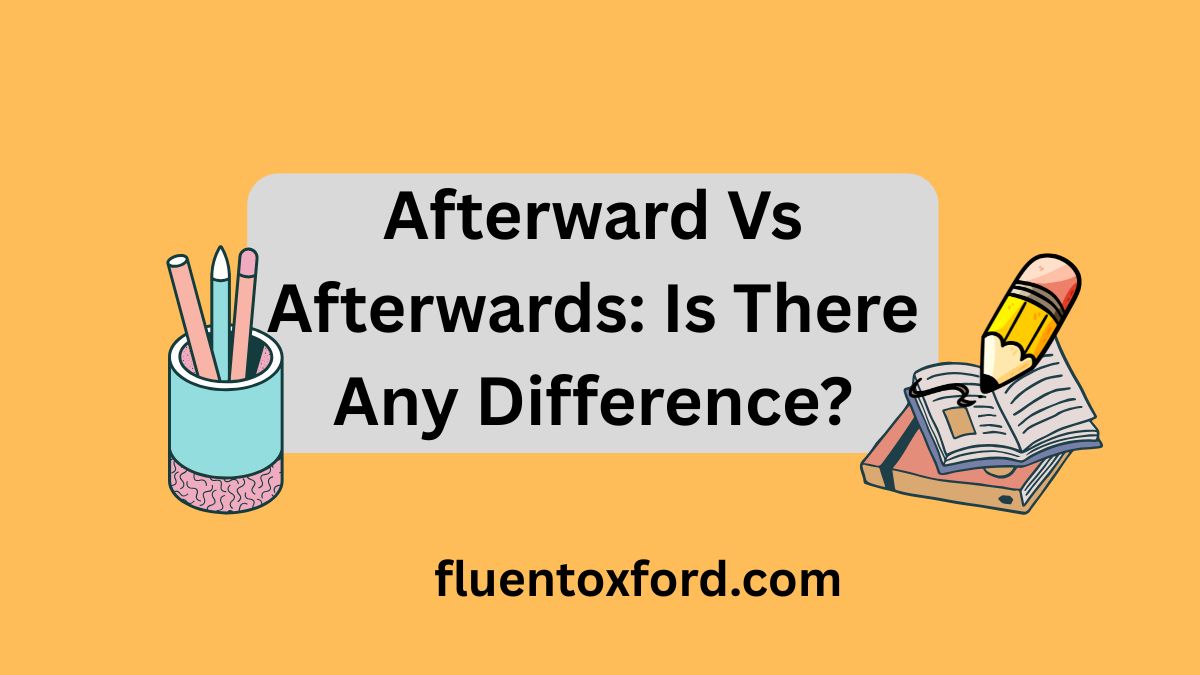The phrase Afterward Vs Afterwards: Any Difference? refers to the comparison between two nearly identical adverbs—“afterward” and “afterwards”—that both describe something occurring at a later time. These terms serve the same grammatical function and convey similar meanings, yet their usage often varies depending on the form of English being used. In essence, this phrase explores whether there is a true distinction between the two or if they are simply interchangeable variants influenced by regional spelling conventions.
Language lovers and writers alike often find themselves intrigued by subtle variations in English that seem minor but carry interesting historical and cultural implications. The topic Afterward Vs Afterwards: Any Difference? is more than just a grammar lesson—it’s a window into how English evolves across borders, offering insight into the habits of American and British writers, editors, and speakers. Such nuanced topics are not only educational but also surprisingly enjoyable to explore.
In delving into Afterward Vs Afterwards: Any Difference?, readers gain clarity on how and when to use each form while improving their overall writing precision. Understanding these small but meaningful differences can elevate your communication and ensure your language aligns with your audience’s expectations. Whether you’re a student, a professional writer, or simply curious, this topic is both practical and enriching.
Why the Confusion Exists
The confusion between “afterward” and “afterwards” stems from the fact that both words mean the same thing and are used interchangeably. The only real distinction lies in regional spelling conventions.
- In American English, “afterward” is the preferred spelling.
- In British English, “afterwards” is more common.
Despite their identical meanings, people often worry that choosing one over the other might seem grammatically incorrect. But in truth, it’s all about style, consistency, and the audience you’re writing for.
What Do “Afterward” and “Afterwards” Mean?
Both words are temporal adverbs—they describe when something happens in relation to another event.
“Afterward” and “afterwards” both mean: at a later time, or after something else has happened.
Let’s look at some formal definitions:
| Term | Part of Speech | Meaning |
| Afterward | Adverb | Later; after an event or time already mentioned |
| Afterwards | Adverb | Later; following something that has just occurred |
Examples:
- We had lunch and went shopping afterward.
- The meeting ended, and afterwards, people gathered for drinks.
Notice that the meaning doesn’t change. The only visible difference is the “s” at the end.
Afterward vs Afterwards: The Differences
Spelling and Regional Preference
Here’s the core difference:
| Spelling | Preferred Region | Example |
| Afterward | United States | I’ll call you afterward. |
| Afterwards | United Kingdom, Canada, Australia | They left afterwards. |
“Afterward” is considered standard in American English, while “afterwards” feels more at home in British English. There’s no difference in pronunciation, no difference in meaning, and no difference in grammatical function.
Both are correct, but your choice should match your audience’s language expectations.
British English vs American English: Why the “-s”?
The adverbial suffix “-s” is a hallmark of British English. You’ll find similar spelling differences in other word pairs:
| American English | British English |
| toward | towards |
| forward | forwards |
| upward | upwards |
This trend reflects a broader linguistic preference in British English to retain historical word endings. American English, on the other hand, tends to streamline and simplify spelling.
According to The Chicago Manual of Style, American writers should use “afterward,” while British guides like Oxford Style Manual prefer “afterwards.”
Which One Should You Use?

When choosing between afterward vs afterwards, consider the following:
- Your audience: Writing for Americans? Stick with afterward. Writing for British readers? Use afterwards.
- Style guide: Follow the spelling conventions of APA, MLA, or Chicago if applicable.
- Consistency: Don’t switch between forms in the same document.
- Tone and clarity: Neither word is more formal than the other, but using consistent regional spelling boosts your credibility as a writer.
✅ General Rule of Thumb:
| Context | Best Choice |
| American writing | Afterward |
| British/Commonwealth writing | Afterwards |
| Mixed or informal setting | Choose one and stay consistent |
Examples in Context: How to Use Both
Here are real-world usage examples that illustrate the subtle difference:
Using “Afterward” (American English)
- We grabbed dinner and went to the movies afterward.
- The ceremony ended. Afterward, everyone went home.
- She finished the race, then rested afterward.
- We went to the movie, and afterward we grabbed dinner at a diner.
- She gave her presentation and answered questions afterward.
- The kids played outside, and afterward they came in for snacks.
- He finished his homework and relaxed on the couch afterward.
- They had a long meeting, and afterward everyone felt more prepared.
- I took the exam and felt a huge sense of relief afterward.
- She apologized, and afterward they made up and became friends again.
- We walked through the park, and afterward took photos by the lake.
Using “Afterwards” (British English)
- The train arrived late. Afterwards, commuters complained.
- He apologized, but afterwards, it felt hollow.
- We toured the museum and had lunch afterwards.
- We had lunch at the café, and afterwards we went shopping.
- He gave a great speech and mingled with the guests afterwards.
- The children played in the garden, and afterwards watched a cartoon.
- She took her driving test and felt much better afterwards.
- They visited the museum and went for ice cream afterwards.
- I cleaned the kitchen, and afterwards I sat down with a book.
- He finished the meeting and afterwards called his manager.
- We attended the wedding ceremony, and afterwards joined the reception party.
In every sentence above, you could swap the forms and retain the meaning—it’s all about regional spelling conventions and language variation.
Synonyms and Related Terms

To avoid repetition or for more precise writing, you can use synonyms and related expressions. These enrich your vocabulary and allow smoother transitions in your writing.
General Synonyms:
- Later – Happens at a future time.
- Subsequently – Follows an earlier event in order.
- Then – Refers to the next action.
- Thereafter – Immediately following a specific event.
- Next – Indicates what comes directly after.
- Following – Occurs after a previous activity ends.
More Specific Alternatives:
| Alternative Phrase | When to Use |
| Moments later | For short delays |
| The next day | When specifying a time frame |
| Following that | When referring to a logical sequence |
| In the aftermath | Especially after impactful events |
| Later on | Informal tone |
Tip: While “afterward” and “afterwards” are fine, specific time indicators often provide better clarity.
The Origins of “Afterward” and “Afterwards”
Understanding where a word comes from can explain why it has multiple forms today.
Etymology of “Afterward”
- Comes from Old English “æfterweard”, meaning “coming after.”
- The “-ward” suffix implied direction or movement.
- Over time, it evolved into an adverb to indicate a point in time rather than direction.
Etymology of “Afterwards”
- The “-s” suffix was added in Middle English as a common adverbial ending.
- Seen in other words like backwards, inwards, and outwards.
- British English preserved the form, while American English later dropped the “-s” for simplification.
Both forms are historically valid, with usage differences evolving due to linguistic preferences on either side of the Atlantic.
Case Study: Editing for Regional Audiences

Client: A tech company writing web content for international users.
Issue: Blog posts mixed “afterward” and “afterwards” across different pages.
Solution:
- Identified the primary target audience as North American.
- Standardized all occurrences to “afterward.”
- Applied same consistency to other word pairs (e.g., toward/towards).
Result:
- Improved readability and professional tone.
- Increased trust and engagement metrics by aligning with audience expectations.
A Final Look: Afterward vs Afterwards
Let’s wrap this up with a quick comparison table:
| Feature | Afterward | Afterwards |
| Spelling | American English | British English |
| Meaning | Same | Same |
| Formality | Neutral | Neutral |
| Use in speech | Common | Common |
| Style guide preference | APA, MLA (US) | Oxford, Guardian (UK) |
🔑 Key Takeaways:
- Both afterward and afterwards are grammatically correct.
- The only difference is regional spelling preference.
- Be consistent in your choice, and let your audience guide your decision.
- Use synonyms or more specific alternatives when you need more clarity.
“Language is the dress of thought.” — Samuel Johnson
Choosing between “afterward” and “afterwards” isn’t about right or wrong—it’s about wearing the right outfit for the occasion. When you dress your writing appropriately for your readers, it always looks good.
Conclusion
In conclusion, Afterward Vs Afterwards: Any Difference? shows that both words mean the same thing. They are used to talk about something happening later. The main difference is in where they are used. “Afterward” is more common in American English. “Afterwards” is more popular in British English. Both are correct, and you can use either based on your audience or writing style.
Understanding Afterward Vs Afterwards: Any Difference? helps you write better and more clearly. It also helps you stay consistent with the form of English you are using. Whether you’re writing a blog, article, or school essay, knowing when to use each version makes your writing more professional. So next time you wonder which to choose, remember that both are right—it just depends on your readers and region.
FAQs
FAQ 1: Is “afterward” or “afterwards” more correct in 2025?
Both are correct. Use “afterward” in American English and “afterwards” in British English—the difference is regional, not grammatical.
FAQ 2: Has usage changed in modern English?
Yes. While “afterward” dominates US publications, recent data from Google Ngram and Corpus of Contemporary English (COCA) shows “afterwards” still prevails in UK and Commonwealth sources.
FAQ 3: Can I use “afterward” in academic writing?
Absolutely—“afterward” is preferred in APA and MLA formats for U.S.-based academic work. Stay consistent throughout your paper.
FAQ 4: Are “afterward” and “afterwards” used in speech differently?
No. In spoken English, both sound the same and are used interchangeably depending on the speaker’s dialect.
FAQ 5: Which is more popular globally as of 2025?
Globally, “afterwards” has broader usage, especially across the UK, India, Australia, and Canada, while “afterward” remains dominant in the United States. Always adapt to your audience.

As an admin at Fluent Oxford, Maida Queen is the driving force behind our vibrant learning community. With a deep passion for English language education, she ensures that our platform remains a dynamic, engaging, and supportive space for learners worldwide.
Maida expertly manages content, assists users with their grammar and fluency queries, and fosters an interactive environment where learning feels effortless and enjoyable. Whether you need guidance, motivation, or just a friendly face in the Fluent Oxford community, Maida is always there to help you reach your English language goals.








